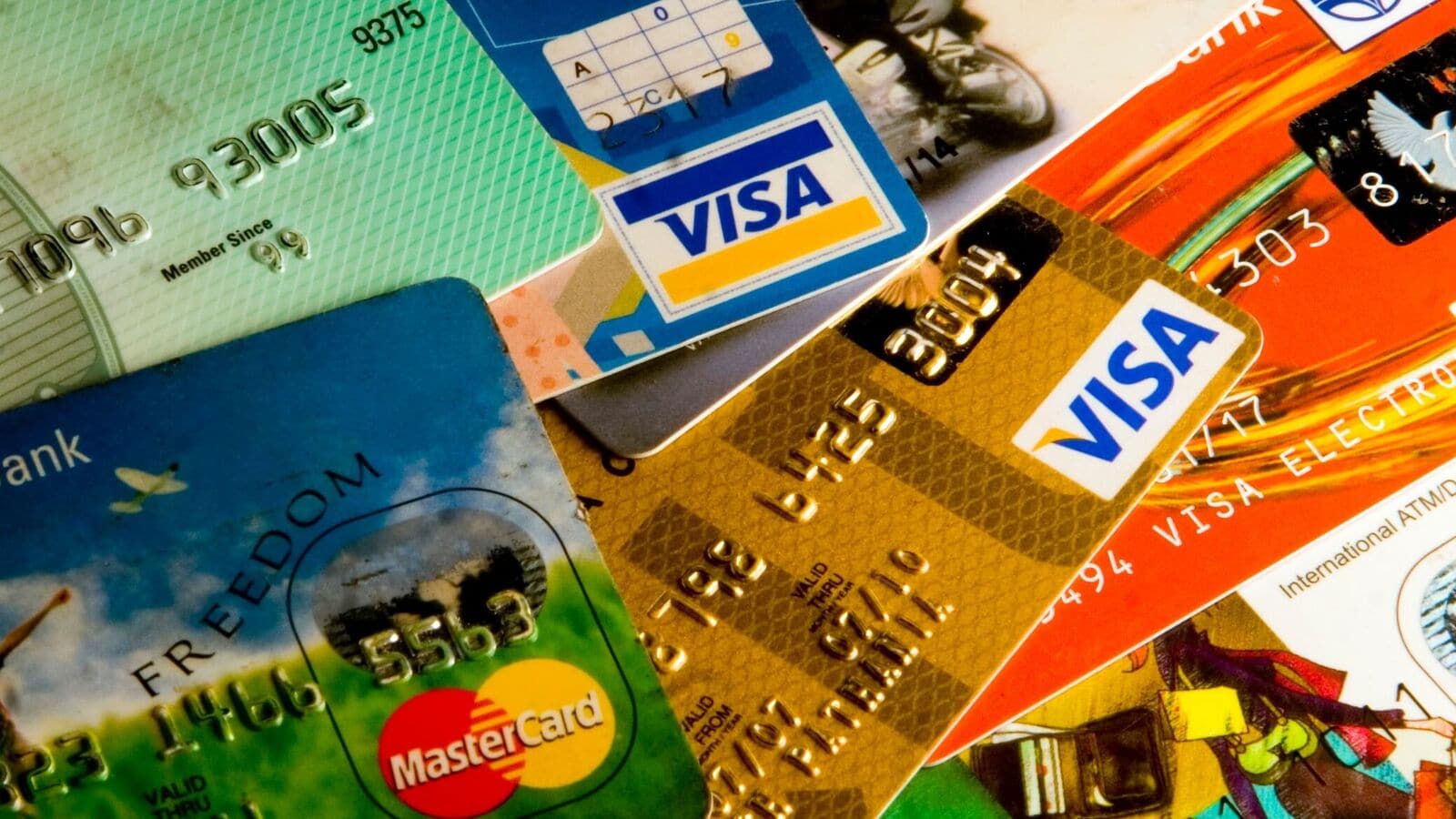A structured budget is essential for managing your finances effectively. It not only helps during emergencies but also secures your financial future. While credit cards can be a double-edged sword, when used wisely, they can significantly enhance your budgeting efforts. The key risk lies in impulsive spending, which can lead to debt traps. However, with the right strategies, credit cards can support your budgeting goals and offer valuable perks.
How credit cards can help you stick to your budget
1. Autopay for bills
Managing daily bills can be cumbersome, but using the autopay feature of your credit card can simplify this process. By setting up automatic payments, you ensure that your bills are paid on time, avoiding late fees and maintaining a good credit score. Plus, it saves you the hassle of remembering due dates.
2. Track your spending trends
Most credit cards provide detailed statements and spending analysis. These insights can help you identify spending patterns, highlighting areas where you may be overspending. By understanding these trends, you can make informed decisions and adjust your budget accordingly.
3. Leverage credit card perks
Many credit cards offer attractive benefits such as cashbacks, reward points, and discounts. By using your card strategically, you can take advantage of these offers while keeping your budget in check. Just ensure that you’re using your card for planned expenses rather than impulsive purchases.
4. Choose the right credit card
Selecting a credit card that aligns with your financial goals is crucial. Consider factors like annual fees, interest rates, and rewards relevant to your spending habits. A well-chosen card can enhance your budgeting efforts rather than complicate them.
5. Convert payments to EMIs
If you face large expenses, converting them into Equated Monthly Instalments (EMIs) can help you manage your budget better. This allows you to spread the cost over several months, making it easier to handle. However, use this feature judiciously to avoid overspending, as it can lead to debt accumulation.
Conclusion
Credit cards can be invaluable in helping you stick to your budget, but they require careful management. High interest rates and processing fees can quickly lead to financial trouble if you’re not diligent. Failure to use credit cards wisely can result in debt and a poor credit score, potentially restricting your access to loans and credit in the future.
Before applying for a credit card, assess your financial needs and habits. Make informed decisions to avoid regrets later. Remember, the key to benefiting from credit cards lies in responsible usage.
